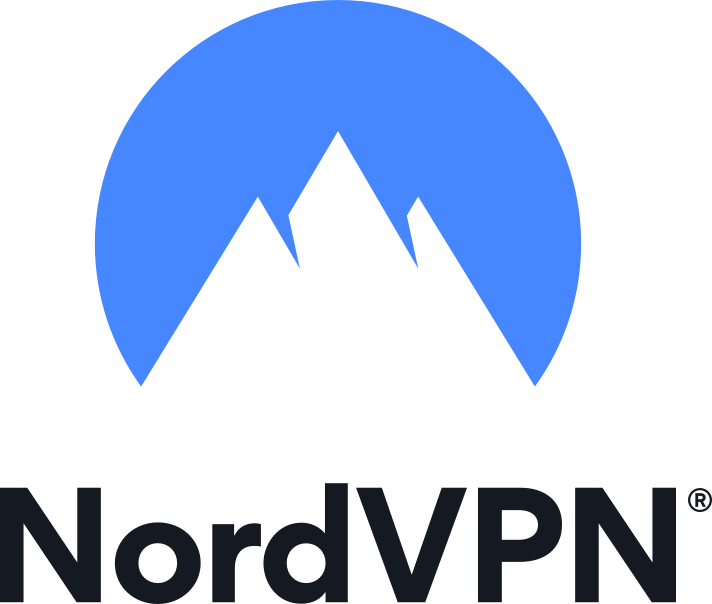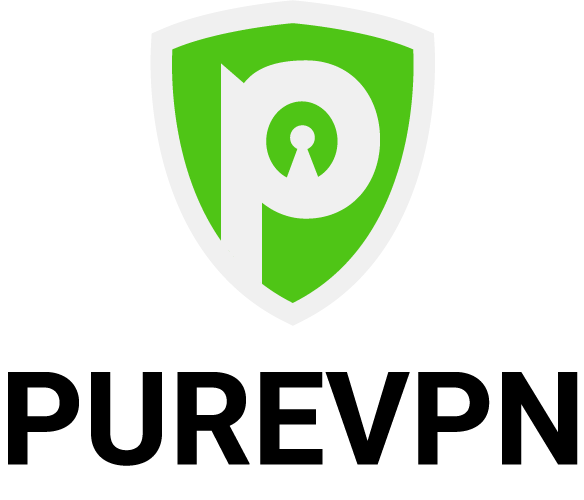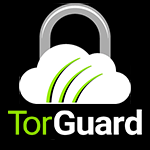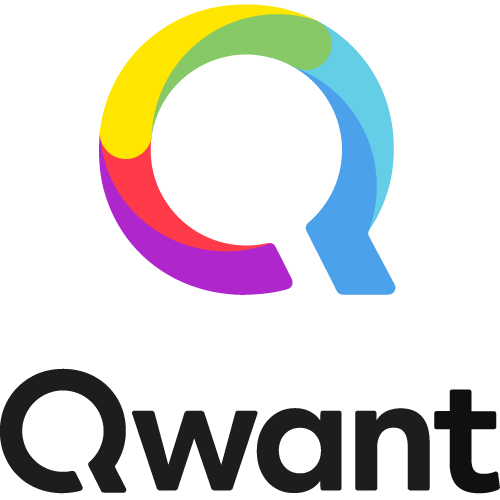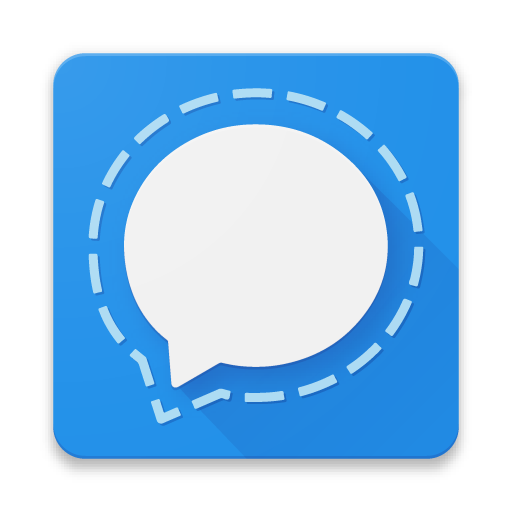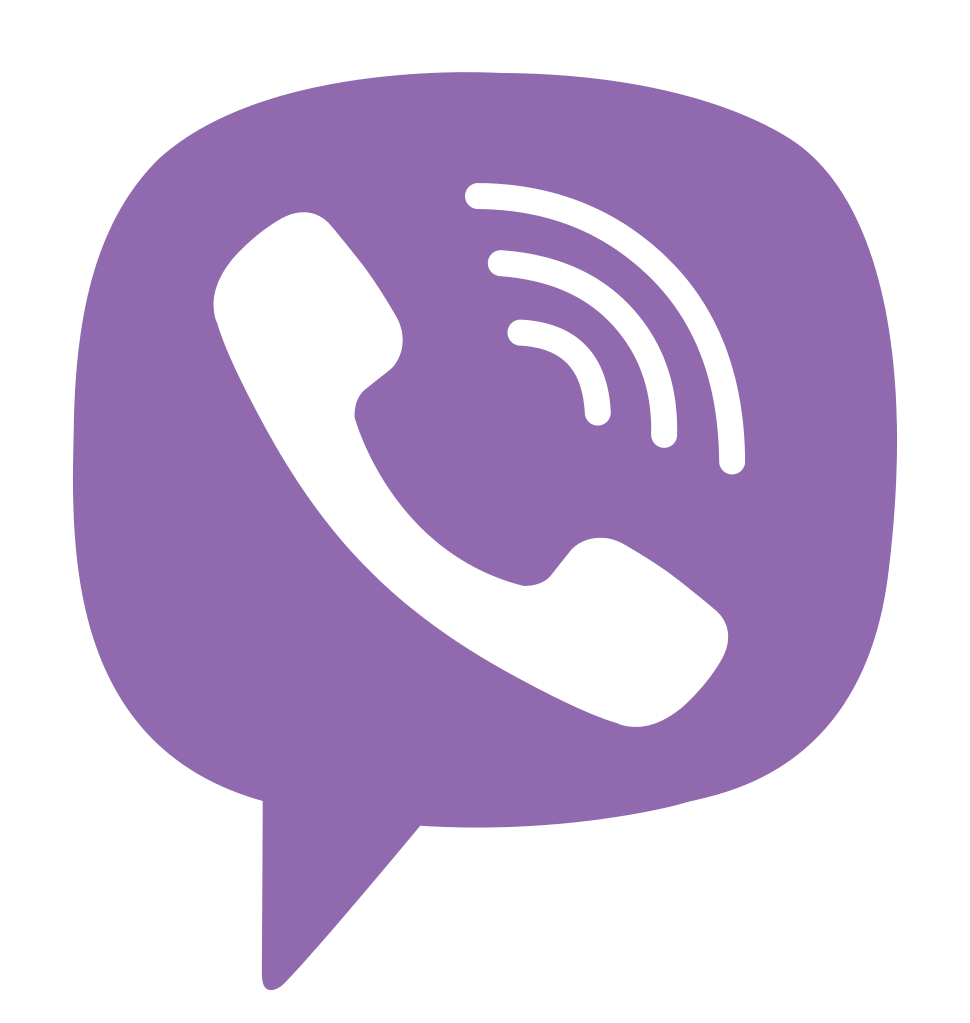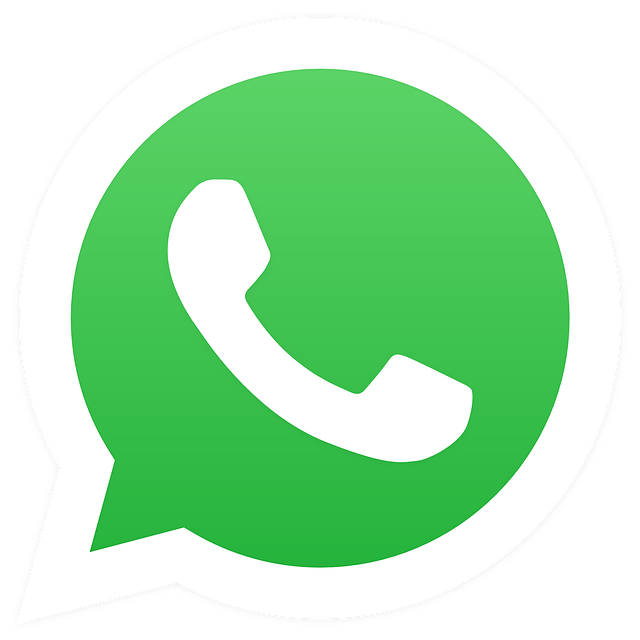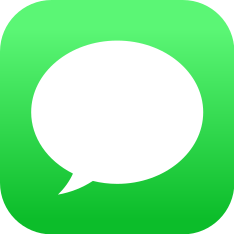Privacy tools
VPN
Encrypts, hides and protect your internet activities
- Public hot-spot (hotel, cafe, hotel, etc. wifi network) are often considered as not very safe. Hackers can easily access them (or create a fake one) to attempt to steal your data.
- Internet provider (in some countries) are monitoring your internet traffic, blocking some websites and/or reporting you.
Get your freedom back
- It allows you to access contents blocked in your country, hotel or office, such as: videos (netflix, online TV and movies), messaging apps and social networks, news and torrent websites, etc., via the VPN network
- Your internet activities is encrypted and your internet provider can’t see which information you are accessing.
Our recommendation
- There are many VPN providers but based on our experience and their reputations, we suggest you those.
- These are all military grade 256-bit AES encryption, easy to install and use with various platforms: Windows, Mac, iOS, Linux, Android, etc.
Browsers
Chrome dominates the browser market but as it is owned by Google, you might want to use an alternative browser, more respectful of your data privacy.
And for added privacy, run them in “Private” or “incognito” mode so your internet navigation history will not be recorded by your browser (but your internet provider will still do it)
Search Engine
Messaging
Why
There are a lot of instant messaging software available and choosing the right one can be a challenge:
- From privacy point of view, the one owned by big corporations famous for collecting data on their users, are not on the top of the list
- However, to be able to communicate with people you must use the same communication software
Our recommendation:
Open-source, end-to-end encrypted messaging platform like Signal.
Then the partly open source Telegram or Viber.
And then finally iMessage (owned by Apple) and WhatsApp (owned by Facebook) can be a “good” alternative as they’re end-to-end encrypted and popular. But as one is owned by Apple and the other by Facebook, you need to decide how much you trust these companies to keep private your data.
